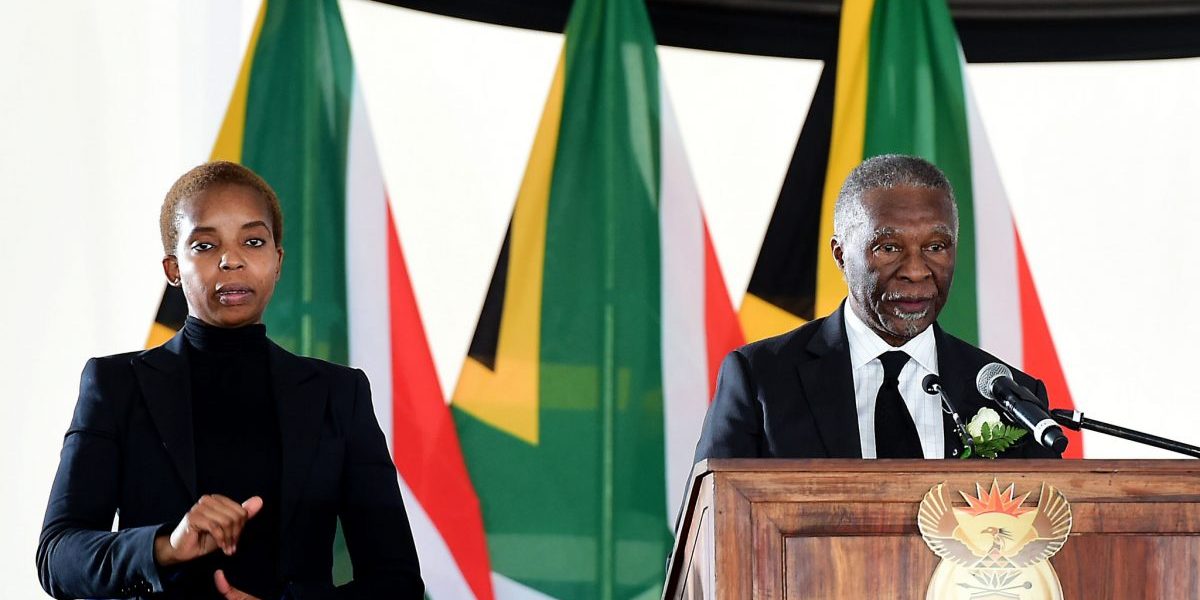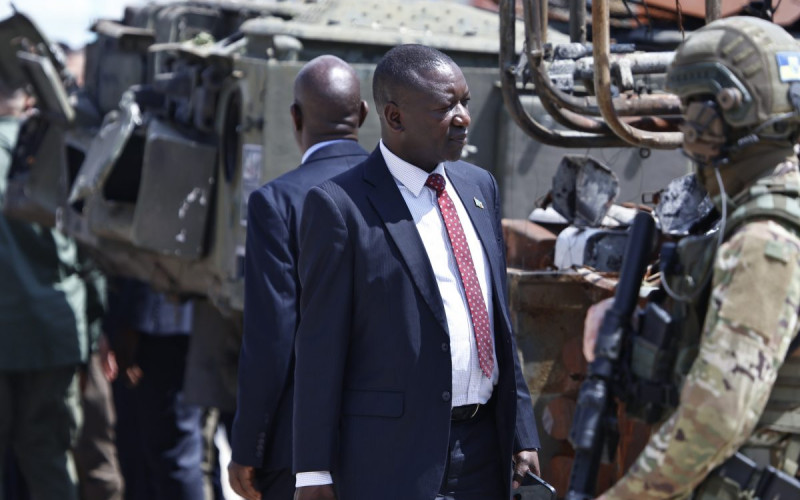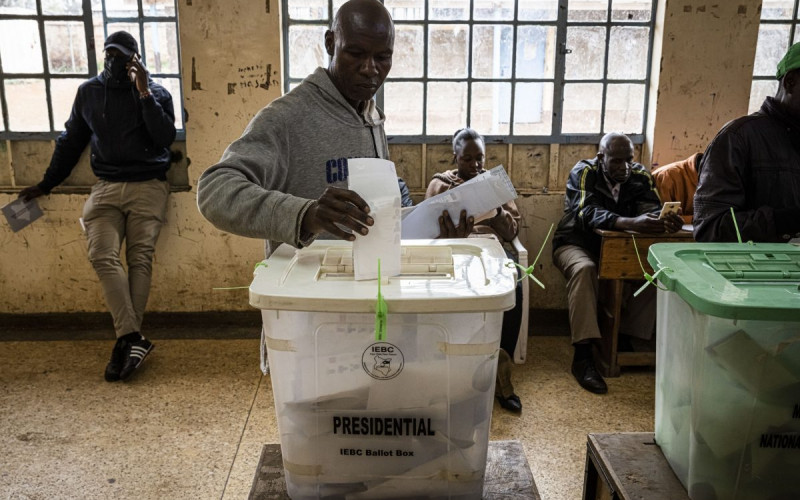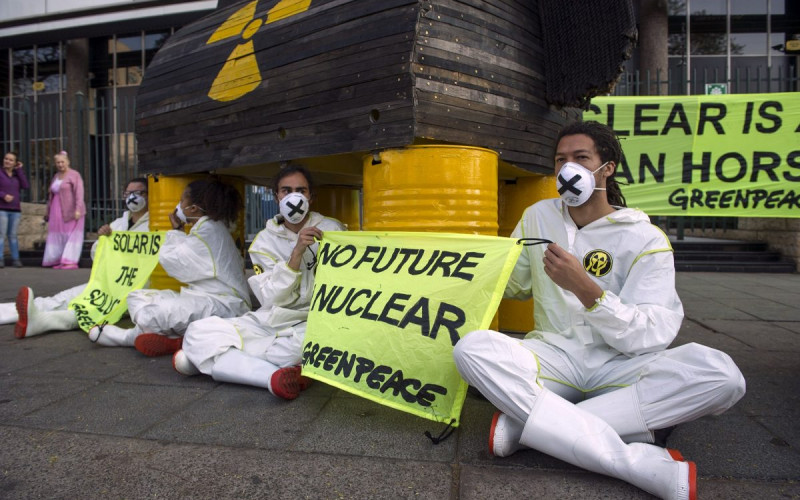Ross Herbert takes a look at where it went wrong and how a country that helped establish the system didn’t follow its own guidelines.
In Addis Ababa this weekend, just ahead of the African Union Summit, President Thabo Mbeki must go before his peers to face questions about the final African Peer Review report on governance in South Africa.
He deserves respect for his leading role in the creation of the African Peer Review Mechanism (APRM), but he must go into that review understanding the full picture.
With far more intellectual and financial resources than any nation that has so far acceded to the APRM process, South Africa should have conducted an exemplary review. However, South Africa bent the rules, declined to follow advice offered by continental authorities, and produced a national self-assessment and plan of action that are contrary to the letter and spirit of the process. The officials to whom the president delegated have done a grave disservice to the nation, the president and the cause of continental reform.
APRM pioneers Ghana and Kenya established a sound model based on civil-society leadership and the use of independent research bodies to conduct the study. But South Africa rejected this as “inappropriate”.
In response to pressure from continental authorities, South Africa agreed to use independent research bodies four months after the start of the process, but then only allowed them three weeks for the task (later extended to five).
Four research institutions – including my own – were commissioned to pull the various public inputs together into a coherent report addressing the questions set out in the 88-page APRM questionnaire. When citizens at an NGO conference asked how the report would be written and edited, the government representative said “no one will edit it, the people will edit it”.
Later, the same official told researchers that their text would be “massaged” and that the final report would not include items that government disagreed with. Officials seemed surprised that such remarks would create outrage.
The APRM Panel of Eminent Persons have emphasised that the heart of the process in each country should be a national commission led by civil society. As panel member Ambassador Bethuel Kiplagat from Kenya put it: “The leadership of that national commission … should come from civil society or the corporate sector, and not from the government, because we don’t want to see this as a government project. The government cannot be driving a programme for which itself is being evaluated.”
Against this advice, SA put a minister in charge of the council, a negative precedent that greatly weakens the APRM process. Because support staff were in the minister’s office, I believe there was substantial fear of raising difficult problems, which directly contributed to administrative and methodological chaos.
In APRM, each nation prepares a self-assessment with broad public and technical input. The continental APRM authorities then visit the country and write their own review, which the head of state must discuss with his peers.
The national self-assessment was to be built on six main components: submissions from government, a citizen survey, provincial submissions, submissions made directly by citizens and organisations, the results of four one-day technical workshops and a final validation conference. The provinces were given little or no guidance and their reports mostly arrived after the self-assessment was complete.
Those that did arrive were very weak. The citizen survey ought to have been the heart of the research, but it was badly mismanaged. It did not capture demographic information, was not distributed according to a representative sample of citizens and did not frame questions in a way that the answers could be quantified. Although the public was told that the survey was incorporated into the self-assessment, the analysis of the data was only complete after the country-review mission left the country.
After completing four thematic reports totalling roughly 2 000 pages, the four research institutes were asked to cut each report to 40 pages. The resulting summaries were “validated” at a public conference held in May last year in Kliptown. However, after that meeting, the text was dramatically revised to remove many issues and cut out nearly all supporting detail and quotations.
Significant policy issues were distilled down to mere allusions or phrases.
Thus many pages of analysis and evidence on corruption were compressed to the following: “Some contributors argue that whistleblowers are not adequately protected, especially from physical harm, while other submissions raised concerns around party-political funding and the movement of public officials into the private sector.
Deficiencies in government procurement practices, including the absence of uniform procedures and concerns over conflicts of interest concerns, were also raised.”
Government has said that the governing council agreed to this, but key players such as Cosatu did not participate and remained unhappy. Others said the process had been so rushed that some council members just acquiesced in the end. Sangoco, the NGO coalition, sent a letter to the Eminent Persons, noting severe flaws in the process and the plan of action.
The edits and cuts clearly conveyed an impression that the government was simply shrugging off well-grounded criticism. (A matrix showing what was removed from the validated text is available here.)
To their credit, continental APRM authorities did a good job. In all, they made more than 180 recommendations, reinstating many issues neglected in the self-assessment. They noted that “creeping corruption” was threatening our democracy, that conflicts of interest were proliferating in public life, that SA does not regulate private funding to political parties (which is a major cause and inducement for corruption and is a requirement of UN and AU anti-corruption codes that SA has signed), and that our core political system (which they described as “unbridled proportional representation”) needed reform as it resulted in a lack of accountability and a weak parliament.
Contrary to Mbeki’s assertion that crime was a perception problem, the final report noted that crime and violence, particularly against women and children, were major national problems undermining our democracy.
A key problem going forward is SA’s plan of action, which does not deal with crime, violence, corruption and many other problems. It states: “The problems to be addressed in this Programme of Action (POA) should be such that a discernable impact can be made through limited and specific governance-improvement interventions. Major national priorities, such as crime, are not addressed in the programme as a result of the application of this criterion. They are primarily caused by factors other than ineffective governance and would be best addressed by more appropriate interventions.
“The intended results all need collaborative partnerships, that involve state bodies and civil-society stakeholders, to be achieved. Suggestions for the programme that involved only one partner are not included.”
It is unclear what the authors meant by “more appropriate interventions”. Moreover, the APRM guidelines note that the POA is supposed to be a combination of all other national action plans into one central plan, which SA has not done. The proviso that the POA includes only items done jointly with society has the effect of removing a huge array of problems from consideration. Suggesting that the government need not respond to a major national problem in the APRM effectively changes the rules of the process, allowing governments to pick and choose, and focus on minor rather than major issues.
This would represent a fundamental weakening of APRM.
Since SA received the final APRM report, it has reportedly revised the POA but not, as the rules stipulate, with broad civil-society input. It is highly inappropriate to craft remedies for fundamental aspects of our democracy behind closed doors.
Ironically, the president was going around the country making insightful speeches about the problems of corruption, self-enrichment among public servants and service-delivery failures at the very time that his officials were busily editing the report to remove or marginalise such issues.
Word of SA’s unfortunate approach to APRM has spread widely in diplomatic circles, tarnished the reputation of the country and put the fledgling APRM organisation in a very difficult spot of having to deal with a continental leader that refused to follow guidance or common sense.
This is the context that Mbeki will face when he greets his peers in Addis Ababa this weekend.
He now has very important choices to make. He can deny the problems and stick with the present flawed plan of action, which will demonstrate to all that the APRM can be ignored without consequence.
For the sake of the process, he should openly acknowledge that there were problems and that the country learned many lessons in conducting its review. He should agree to start a process of national consultation to form a proper plan of action. And he should attempt to regain the leadership role and openly back the Ghana and Kenya position on APRM.
To argue that SA’s approach is commendable is to invite other countries to bend the rules further.







